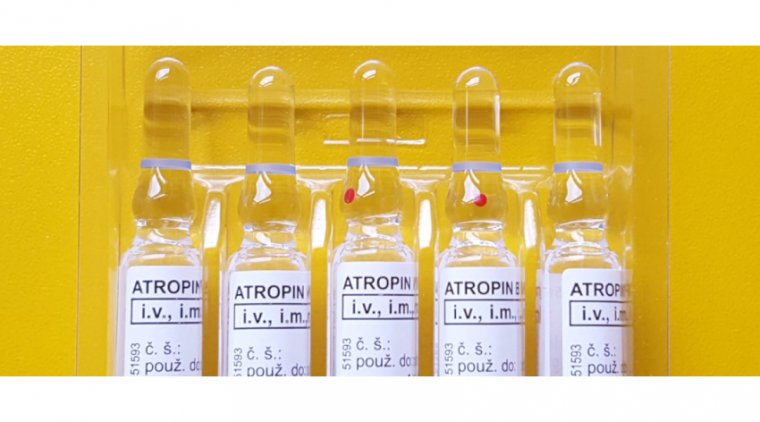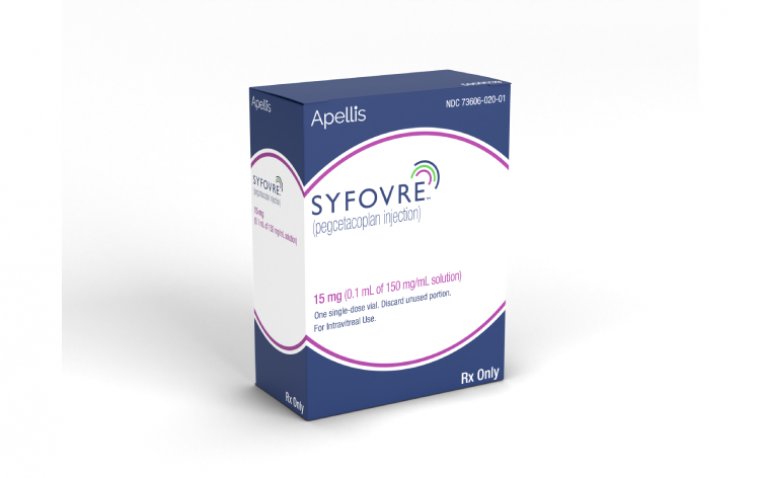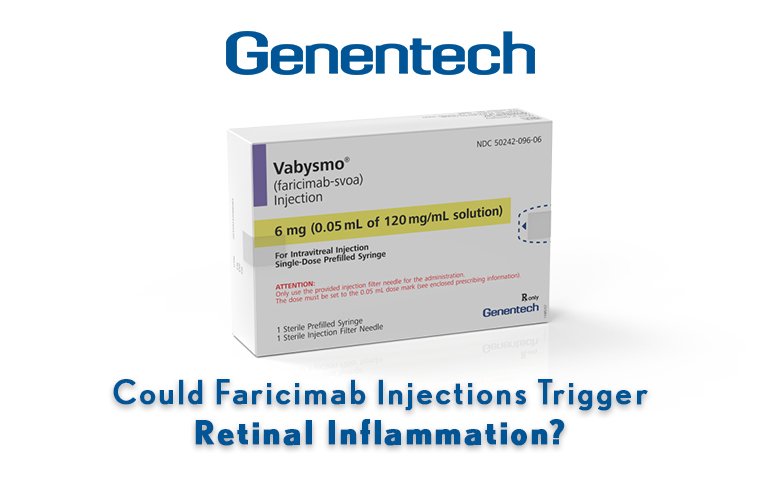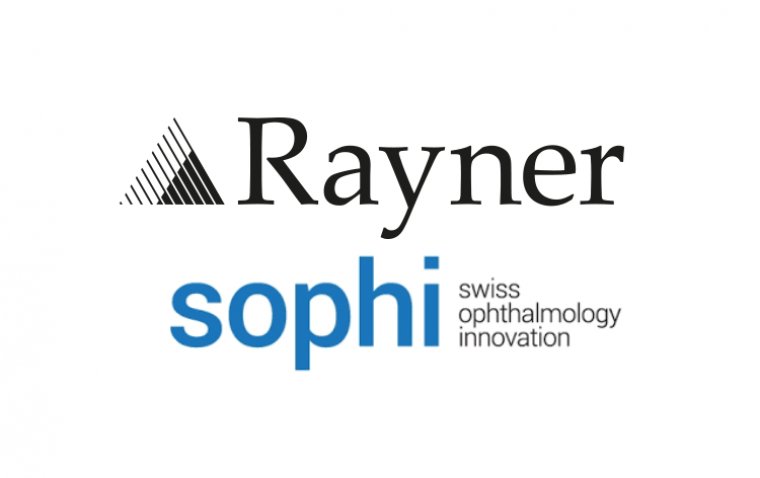
New Study Reveals Negative Effect of Atropine Drops After Glaucoma Surgery
According to a report by an international team of researchers, atropine instillation after trabeculectomy should be discouraged since it causes greater and longer lasting reduction in visual quality.1
The study's lead author is Panagiotis Laspas, MD, of the Department of Ophthalmology at the University Medical Center of Johannes Gutenberg-University Mainz in Mainz, Germany.
Atropine has cycloplegic and mydriatic qualities, the latter of which can have a variety of negative visual side effects2, including impaired accommodation, blurred vision, haloes, and light sensitivity, researchers explained. Potential medication systemic absorption may impact patients' mental health, resulting in confusion, restlessness, and emotional lability, as well as their cardiovascular system3, which may be affected and result in dysrhythmias4.
The Study
The researchers conducted a prospective randomized study of 40 patients who underwent standard trabeculectomy with mitomycin C at the Department of Ophthalmology Department, University Medical Center of Mainz.
All patients received ofloxacin and dexamethasone eye drops following surgery. The patients were then randomly divided into 2 groups of 20 patients each, with one group (the intervention group) receiving atropine eye drops postoperatively in addition to being told to do so in order to stabilize the anterior chamber three times a day for two days.
All patients completed a visual quality questionnaire preoperatively and 2 and 6 weeks postoperatively.
The findings demonstrated that all patients' visual acuity decreased after surgery.
The authors reported, “Patients who received atropine eye drops described a greater and longer-lasting reduction in visual quality than those who did not receive atropine eye drops. Trabeculectomy often leads to a transient reduction in visual quality. This reduction was greater in severity and duration in patients who received postoperative atropine eye drops.”
Based on the results, the investigators suggested that “unless there is an underlying medical necessity, we would discourage the application of atropine as a standard therapy for trabeculectomy surgery.”
References
1. Laspas P, Maier E, Schuster A, et al. Effects of postoperative atropine eye drops on visual quality in patients undergoing trabeculectomy. J Clin Med. 2023;12:763;https://doi.org/10.3390/jcm12030763
2. Joachimsen L, Farassat N, Bleul T, et al. Side effects of topical atropine 0.05% compared to 0.01% for myopia control in German school children: A pilot study. Int Ophthalmol. 2021;41:2001–8.
3. Merli GJ, Weitz H, Martin JH,et al. Cardiac dysrhythmias associated with ophthalmic atropine. Arch Intern Med. 1986;146:45–7.
4. Jimenez-Jimenez FJ, Alonso-Navarro H, Fernandez-Diaz A, et al. Neurotoxic effects induced by the topical administration of cycloplegics. A case report and review of the literature. Rev Neurol.2006;43:603–9.
(1).jpg)










